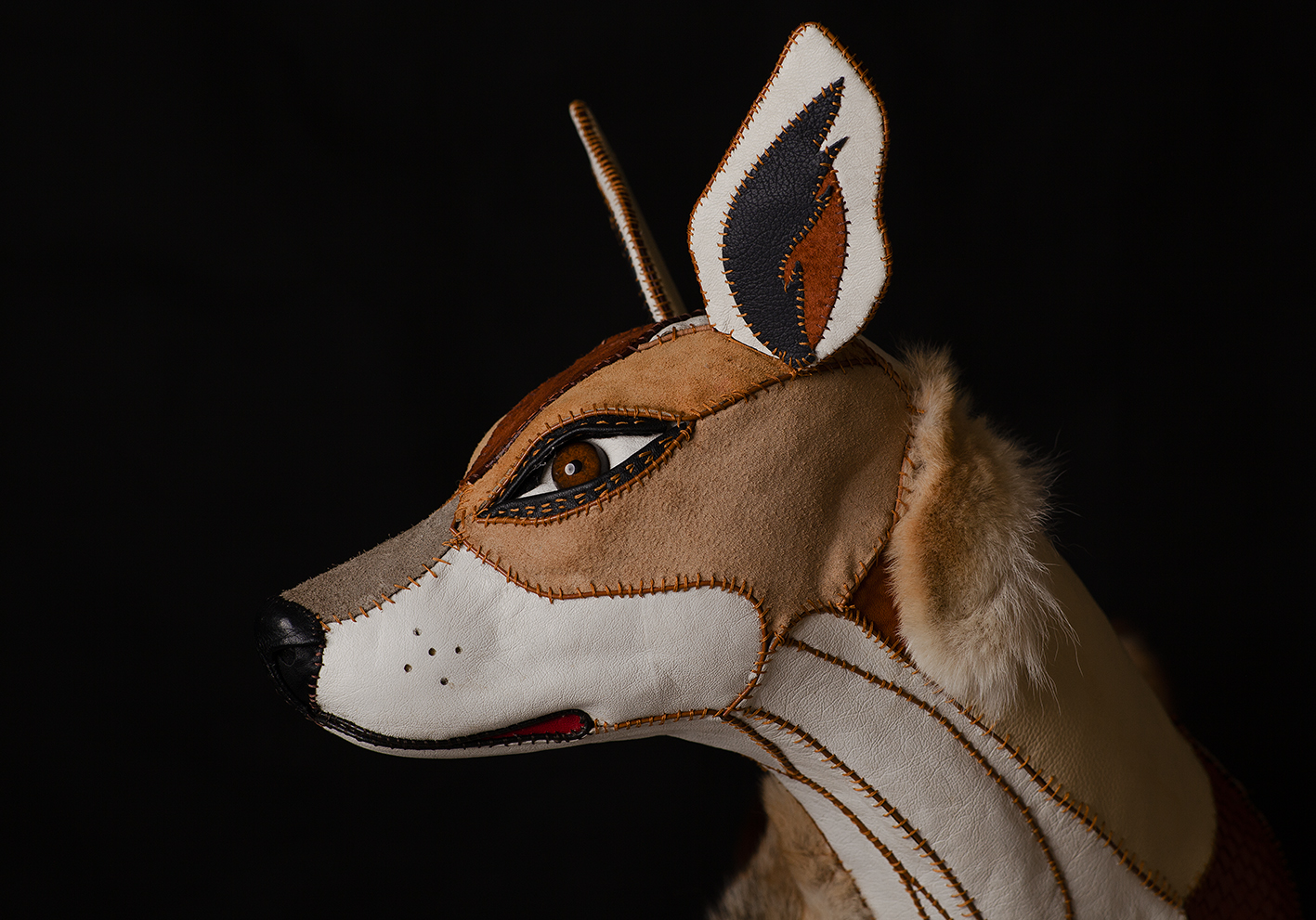Ondine Sherman talks to AASA member, Jane Kotzmann about her latest publication.
Kotzmann, Jane (2023) ‘Sentience and Intrinsic Worth as a Pluralist Foundation for Fundamental Animal Rights’, Oxford Journal of Legal Studies, 43(2), 405–428, https://doi.org/10.1093/ojls/gqad003
What scholarly disciplines are most relevant to this publication?
The most relevant discipline in relation to this publication is law. The article puts forward a proposed theoretical foundation for prospective legal animal rights. Developing this proposal involved looking at a diverse array of primary legal sources including domestic, foreign, and international animal welfare law and related amendments and documents, foreign constitutions and case law and international human rights law, as well as relevant academic literature.
The article is also interdisciplinary, however, in that it draws on literature from disciplines including animal welfare and animal sentience science, rights theory, and philosophy.
How would you describe this work to a non-academic interested in animal advocacy?
In recent decades both animal advocacy and research in relation to animals have come a long way. While much maligned by some, many of the arguments of animal advocates have become compelling to the point where public surveys indicate that most of the public agree with them (see, for example, the recent Futureye report commissioned by the Australian government). Animal related scholarship has also progressed such that animals have become a common focus of research in humanities and social science disciplines, including law.
While animal rights have thus gained widespread support, surprisingly little work has been done to develop a theory of animal rights as specifically legal rights. The law is a critical component of progress towards securing animal rights, because as an institutional system it is primarily concerned with the enforcement of rights and duties and typically empowers the rights holder to use the legal system in this respect. This article contributes to the development of a theory of legal animal rights by proposing a theoretical grounding for such rights. It argues that prospective animal rights should be founded on concepts of animal sentience and intrinsic worth. These concepts have already been introduced into many legal systems and provide a ready platform upon which to build legal rights for animals.
How do you see your work relating to human-nonhuman relations?
My research background is in human rights law, and I see my more recent focus on animal law as an extension of that work. Just as human rights law seeks to protect humans from persecution and exploitation and secure for them fundamental components of a good life, animal rights laws are badly needed to serve the same purpose for nonhuman animals. I focus my research on nonhuman animals because, while there is at least agreement that humans have the intrinsic worth that merits this kind of protection, the same kind of consensus has not been reached as regards other animals. As a result, not only does the law fail to adequately protect animals, in many cases it facilitates and legitimises cruelty to and exploitation of them.
What are you working on next?
I am currently working on editing some collections relating to animal law in Australasia and One Health implementation in law and policy. I am also doing some research on animal standing in administrative law cases. My bigger picture work will involve continuing to flesh out a theory of animal rights as legal rights that can be adapted and implemented in legal systems.
Bio: Jane Kotzmann is a Senior Lecturer at Deakin Law School. Jane’s research interests concern animal rights and more broadly animal law, in particular the potential extension of international human rights to non-human animals and international and comparative perspectives on animal law. Her work explores ways that the law permits the exploitation of and cruelty to animals, and what legal reforms are required to better protect animals. It also emphasises the interconnectedness between humans, nonhuman animals and Nature, highlighting that significant social problems like climate change and zoonotic disease transmission have roots in the human exploitation of animals. Jane has degrees in Commerce, Law (with Honours), and a PhD in human rights law from Deakin University, and a Postgraduate Diploma in Teaching (Teach for Australia) from the University of Melbourne.



